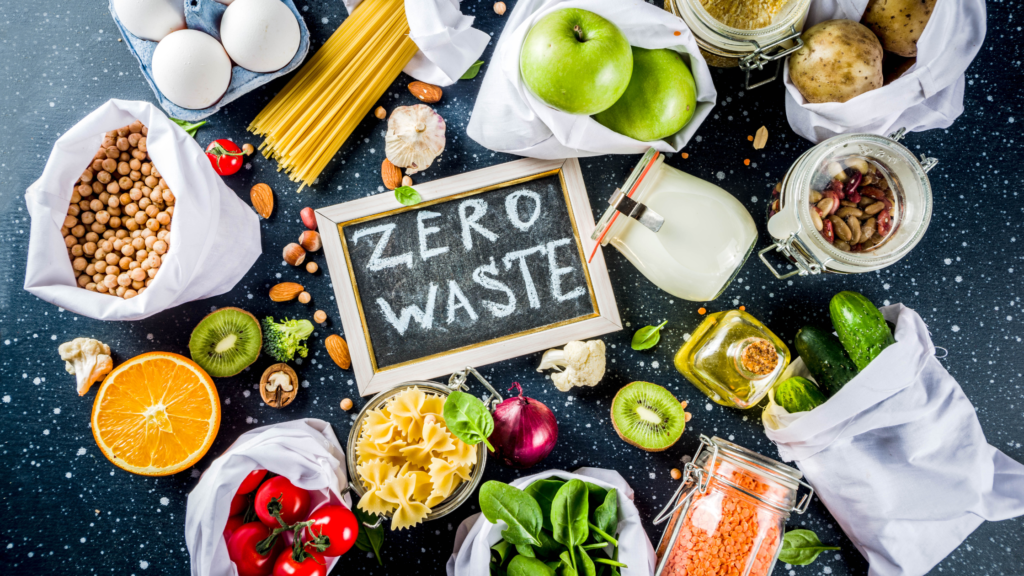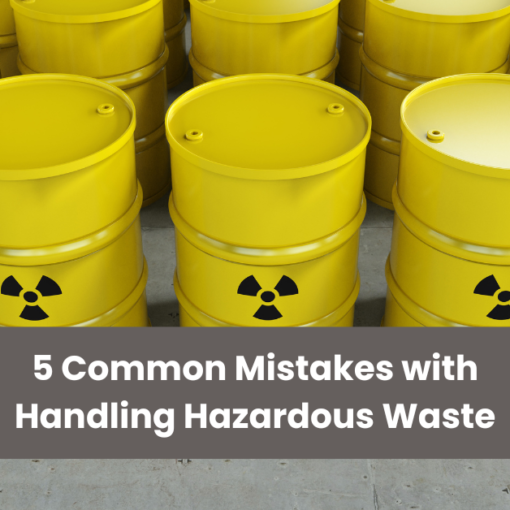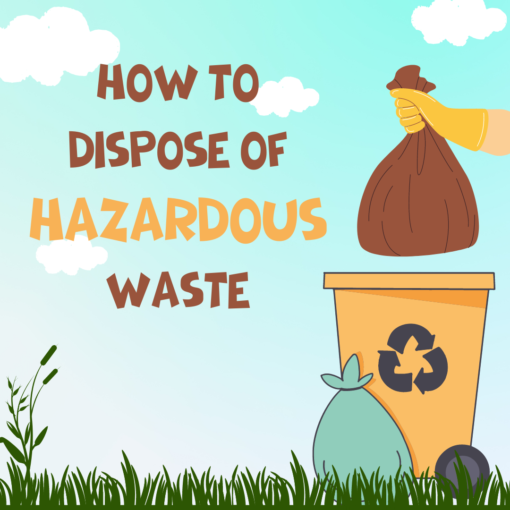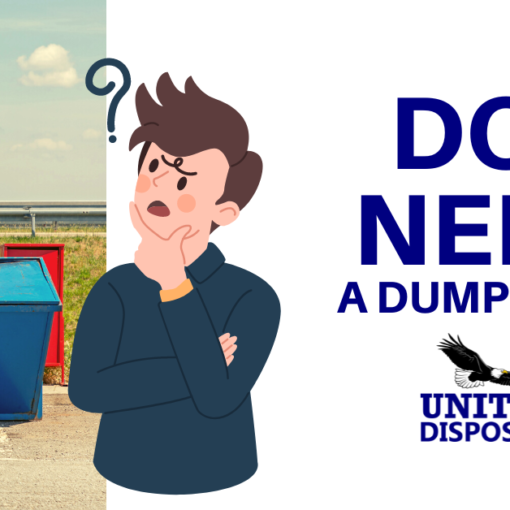
Did you know that the average person in America produces almost 6lbs of trash per day? That’s over 700 billion pounds of trash produced in just America alone. Even though this may not seem like a big deal to most households, but waste poses a big threat to the environment. It not only puts our health at risk, it also has already rendered many animals homeless by destroying their habitats.
The good news is, you can help prevent the above effects to the environment by making some minor changes to your lifestyle. This will not only helps make the world a cleaner place, but it can also help you cut down on some of your expenses along the way.
Here are 8 ways you can reduce your household waste:
- Be Mindful of What You Throw Away
You would be surprised what people throw away. Most people throw away anything they consider not useful. The first step to reducing your household waste is to simply be mindful of what you throw away. One man’s trash is another man’s treasure! Be it containers, food remains, or any other item… first analyze if your could reuse or donate the item-instead of throwing it away. - Avoid Both Paper and Plastic
Paper and plastic are the second most common things you can find in a dumpster. Most people throw away paper and plastic bags instead of reusing them. Plastic either ends up in landfills where it takes centuries to decompose-or it ends up in bodies of water, wreaking havoc on marine life.
You can reduce the amount of plastic bags you throw away by switching to reusable bags. As for paper, try switching to e-billing instead of receiving paper bills. That small step can greatly reduce the amount of paper and plastic waste your household produces. - Forget About Bottled Water
If the thought of drinking water from the tap grosses you out, consider investing in a brita filter instead of buying that pack of water bottles next time. Bottled water is packed in plastic, and the problem with plastic water bottles is that they often don’t get reused-so they end up in the trash. The best option is to get reusable water bottles that you can wash and reuse as needed. - Say No to Paper Towels
We get it, paper towels are handy. When they were first introduced to the market, they received a lot of enthusiasm-and for a good reason! Unlike cloth napkins or cleaning rags, they offer quick and easy cleaning solutions. The downfall to paper towels is, however, that they are not reusable.
Did you know the average American uses 8 or more rolls of paper towels a month? If you make the switch to using cloth towels and stop buying paper towels, you can greatly reduce the amount of waste your household produces. - Be Conscience of Food Waste
Food waste has always been a huge problem in America. One technique that is used commonly in restaurants and grocery stores is the “FIFO” method. FIFO stands for First In, First Out-and it’s easy to use it in your home too.
When you buy new groceries, instead of just tossing them in the fridge, keep the old groceries in the front and put the new ones in the back. This way your old groceries don’t get shoved to the back and forgotten about. By using FIFO you will be able to keep food fresh, and reduce your waste. if you want more tips on how to reduce food waste, read our other blog post on tips to reduce food waste. - Replace Dryer Sheets with Reusable Dryer Balls
Did you know that the average two-person household does an average of 15-20 loads of laundry a month? If you’re anything like me, you probably throw 2-4 dryer sheets in each load too. All those dryer sheets add up! Switching to reusable dryer balls will not only reduce how much trash you throw away, but it will also help your clothes dry faster- saving energy and money too! - Buy Loose Produce
Instead of buying packages of fruits and/or vegetables, consider buying them loose. This works out even better if you are using your own reusable produce bags. Not only will you have less plastic packaging to throw away, but also less plastic bags. - Rethink Food Storage
Next time you go to buy that aluminum foil or cling wrap, consider purchasing a reusable option instead. The average American throws away 10 or more rolls of cling wrap a year, and over 3lbs of aluminum foil. All that household waste would reduce to nothing with the simple switch to reusable options, like beeswax wraps or silicone food wraps.




